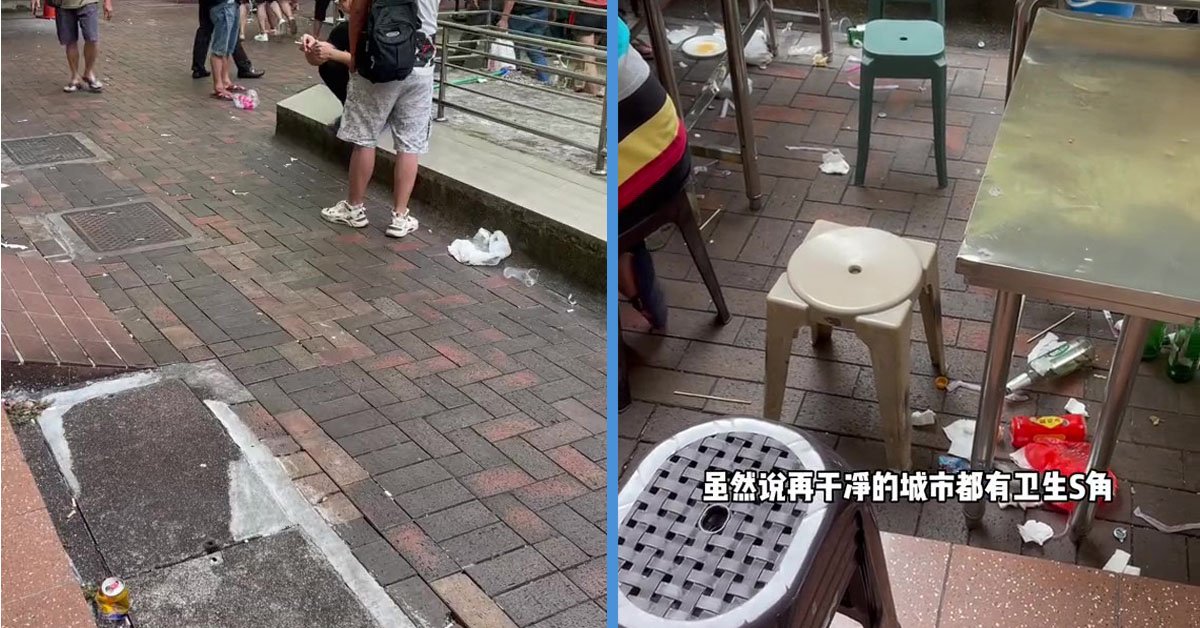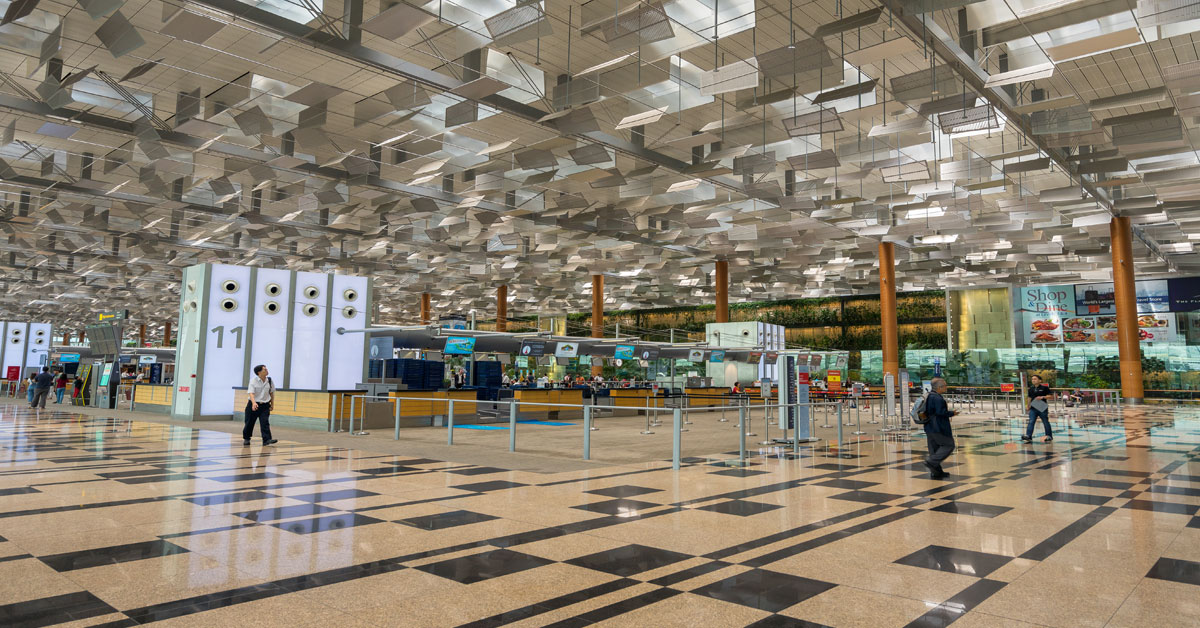If you click on any foreigner’s review of Singapore on YouTube, you will rarely hear anything but praise for our clean and green city.
It’s a hard-earned reputation that we arguably deserve, though we really need to give a shoutout to all the cleaners in the street who help to keep the streets clean.
But every country has its flaws, and as it turns out, Chinatown is a big and ugly one.
What Happened to Chinatown
On Saturday (16 Jul), one TikTok video posted by @zeinsg, who claimed to be a Chinese student called “Ah Ze” (阿泽) studying in Singapore, genuinely shook up our side of pond by showing just how dirty Chinatown was.
Thus far, the video has garnered more than 201,400 views and over 700 comments.
The exposé was shocking: it starts off on a street of Chinatown, where a brief sweeping glance shows abandoned cans and plastic cups, drifting plastic bags and stray papers stuck between the cracks.
In the caption, he declares that this might just be “the dirtiest place in Singapore” and the following clips evince his words perfectly.
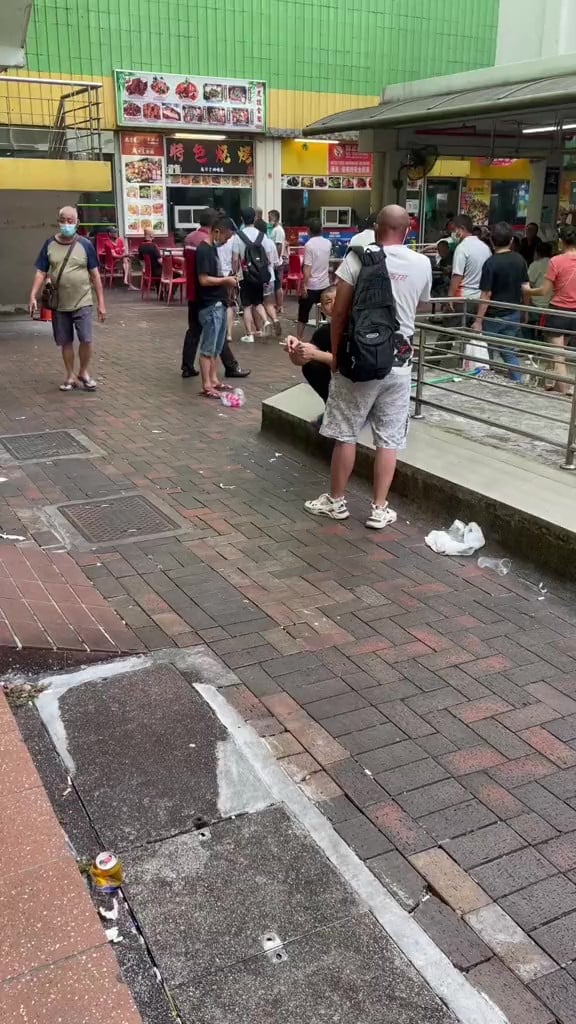
Further up on the same street, there are also crushed plastic bottles littered all over the ground and what appears to be snubbed cigarette butts and more plastic bags.
Along the railings, there is a whole row of plastic cups—what is this, a rainwater collection station?—and disgustingly enough, some of the cups have masks and tissue papers stuffed into them.
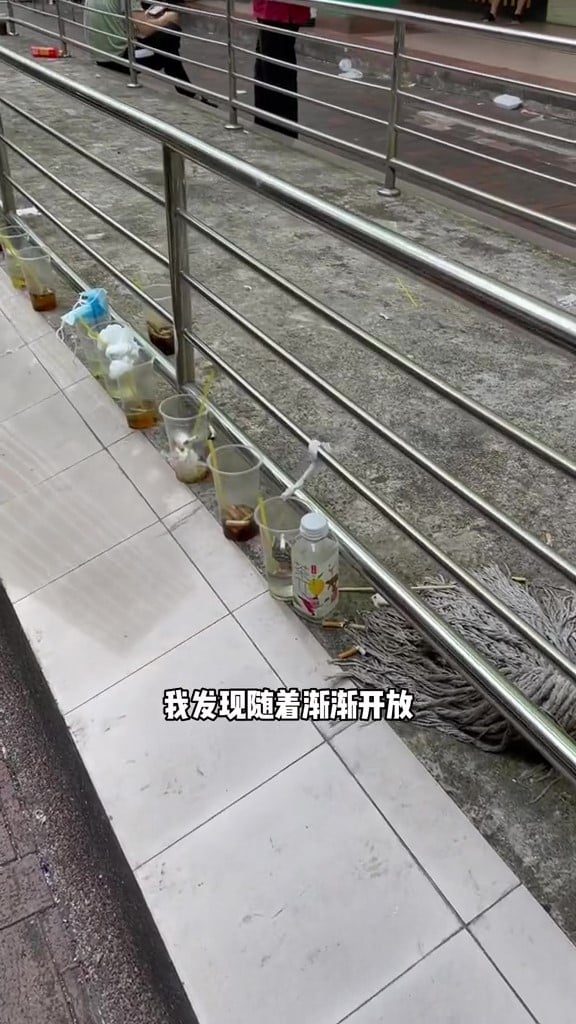
All the while, Ah Ze’s commentary continues, noting that Chinatown has become more congested with the easing of COVID-19-related restrictions.
Correspondingly, the hygiene standards have dropped to the point where it is “too horrible to look at” (惨不忍睹).
He couldn’t help but sigh, wondering if “This is still the global Garden city that many recognise”.
The video then cuts to a panned-out view of the stairs outside a 7-Eleven, which has become a dumping ground for plastic bags, tissue, torn up paper, and unwanted wrappers.
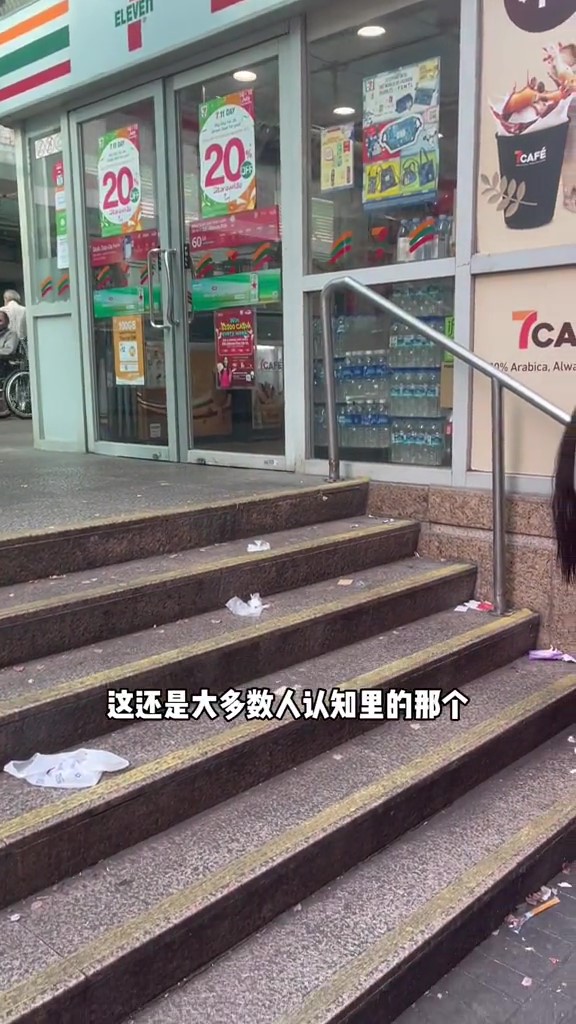
Chinatown Has Become “Synonymous with Dirtiness”
Ah Ze goes on to acknowledge that even the cleanest city will have its blind spots.
However, the hygiene problems present in Chinatown aren’t a mere lapse in judgement.
Eateries are strewn with empty beer bottles, paper plates, cups, tissues, and cutlery. The same applies to the stretch of hawker centre stalls.
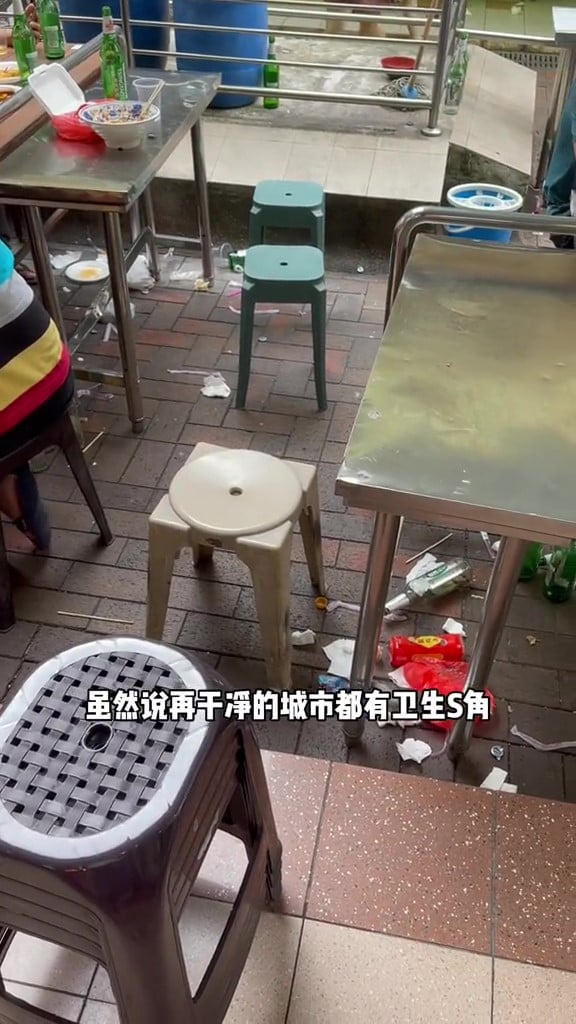
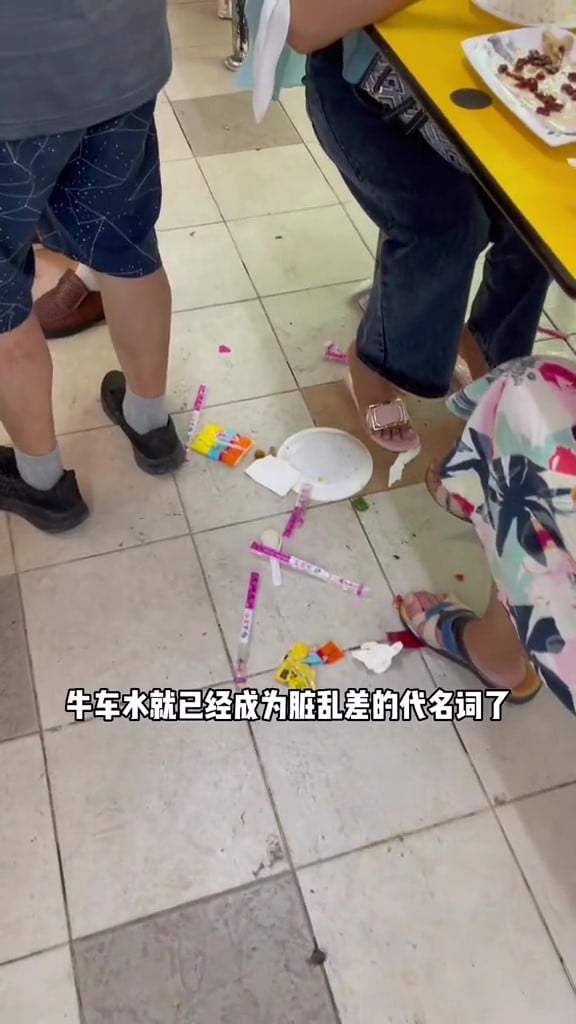
The diners appear to be wilfully ignorant, or worse, completely used to the trash littered all over the floor.
(Perhaps this is also a byproduct of switching to disposable plates and cutlery due to hygiene concerns during the pandemic and the new rules that require us to put back our own trays and clean up after ourselves, which has reduced the number of hired cleaners.)
He concludes that Chinatown seems to have become “synonymous” with the word “dirtiness”.
Ah Ze also notes that Singapore’s Chinatown isn’t a one-off. Having lived in New York, he observed that Manhattan’s Chinatown, and the predominantly Korean and Chinese neighbourhood in Queens face the same littering problem.
In the same vein, he adds that Chinatown is a “window into understanding China” for the rest of the world.
Moreover, these places are incredibly important to the Chinese living abroad because it helps to alleviate their homesickness as it provides a place where they can find the most authentic Chinese cuisine outside of the mainland.
It’s also a place where the Chinese community can gather. Personally, Ah Ze uses Chinatown as a gathering point for his friends and schoolmates.
Ah Ze: To My Countrymen, Mind Your Own Behaviour
With regards to the sudden change in Chinatown’s environment, Ah Ze expresses that he’s genuinely puzzled.
Before he ends off his TikTok video, he leaves a parting message to his countrymen, “Please pay attention to your own behaviour when you’re overseas.”
Because once is happenstance, twice is a coincidence, thrice is a pattern.
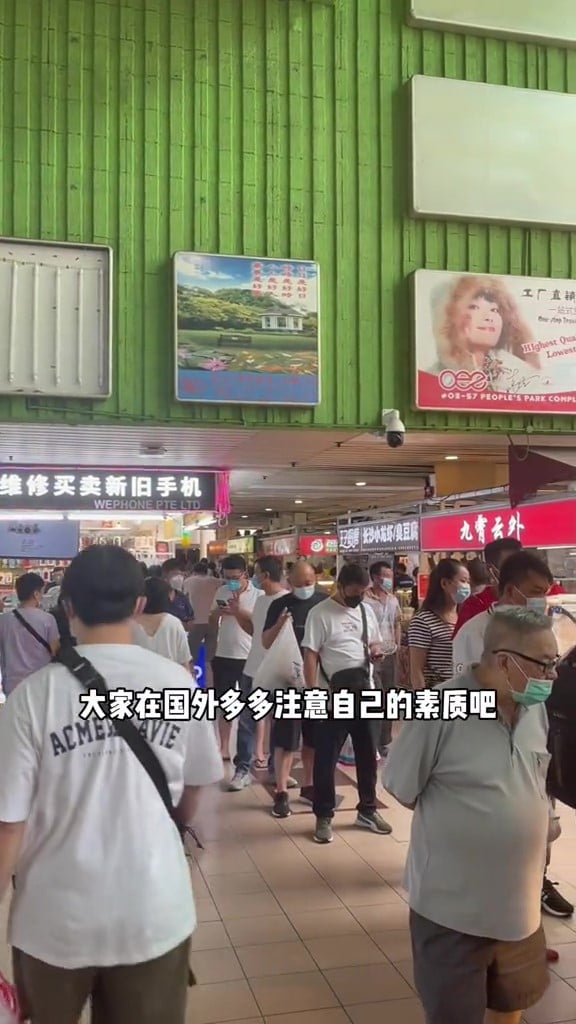
Netizens’ Response
Ah Ze’s opinion has since gained a lot of traction.
There are generally three types of people in the comment section.
The majority lay the blame on the foreign Chinese (and the elderly) for the surge in grubbiness, with some netizens even scoffing and asking why Ah Ze was even bothering when he had already pointed out the obvious culprits.
The second kind of commentators are calling out to the National Environmental Agency (NEA) and the government to take action. They call for more cleans and police patrols to fine the litterbugs to send home the message.
The same group also sighs and lament Lee Kuan Yew’s passing, feeling that the hygiene standards have dropped ever since he left.
As for the latter, you might want to re-read your history textbooks or something, because Lee Kuan Yew has always been in charge of the Tanjong Pagar GRC, not Jalan Besar.
The last type of netizens present in the comments are both disgusted and curious as to what had happened to Chinatown over the past few years.
They note that Chinatown wasn’t this dirty in the past when they visited and agree that everyone should do their part to keep the area clean.
Honestly, the blatant littering is quite bewildering.
Make no mistake, Singaporeans are clearly a part of the problem too. If you dare to say you’ve never littered before, you’re probably lying to yourself.
Everyone has a role to play in keeping our country clean, starting from the small things like ensuring they properly dispose of their trash in rubbish bins instead of dumping it on the floor.
We may have employed cleaners, but let’s not add to the burdens.
Just like how we cleaned up the Singapore River in the 1970s and 1980s, it is only through our collective effort that we can turn Chinatown into a clean and marvellous place full of heritage and good food that we can be proud of.
Featured Images: TikTok (@zeinsg)
